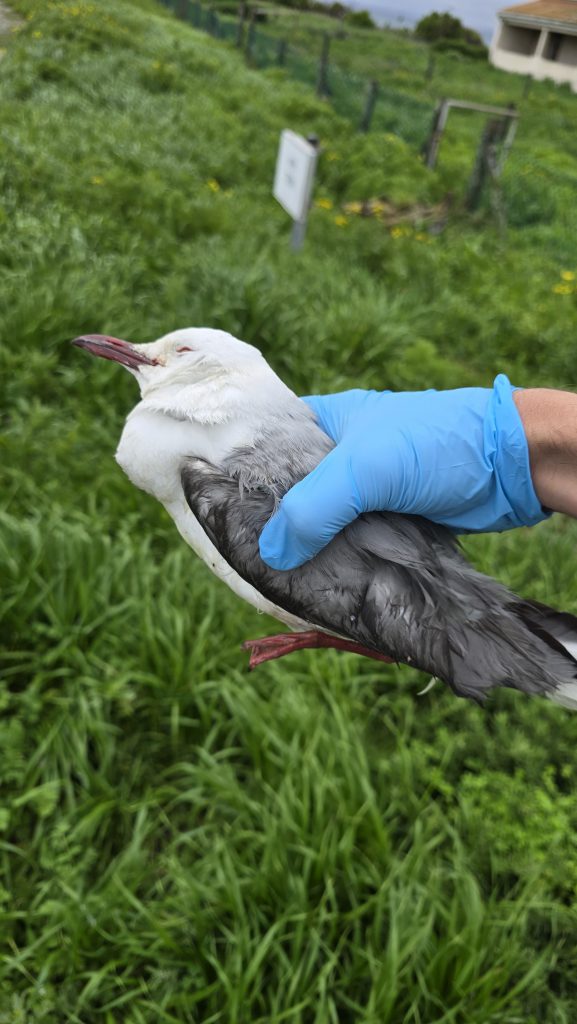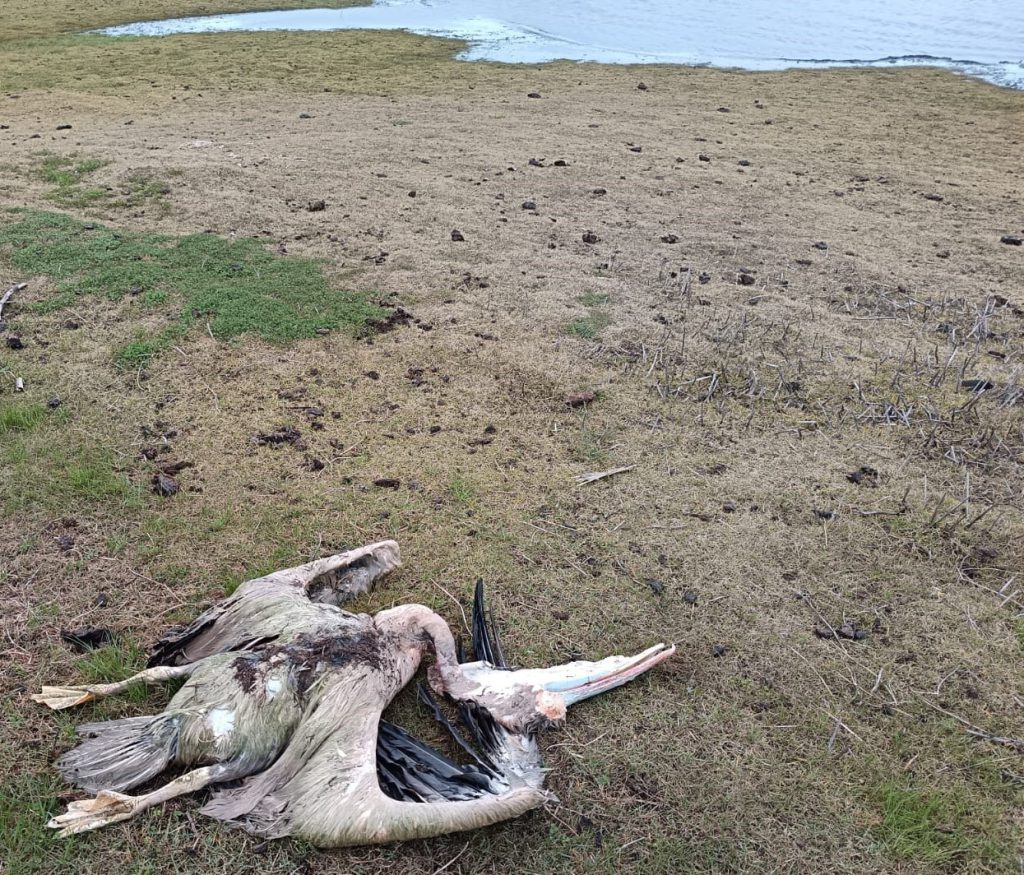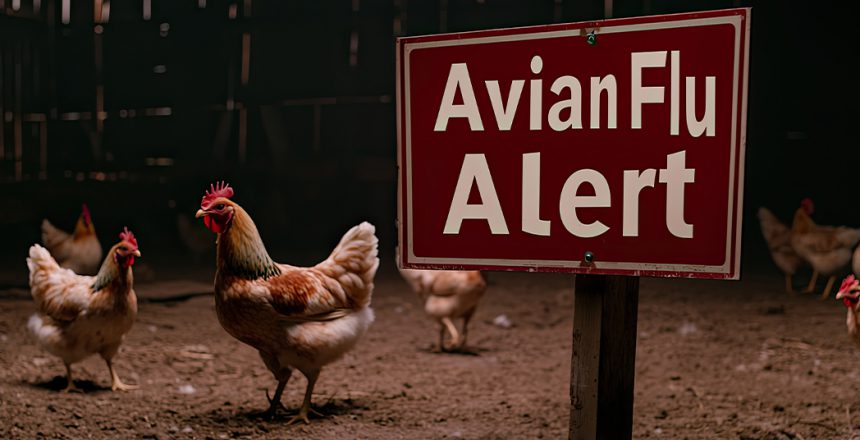The Western Cape Department of Agriculture (WCDoA) wishes to alert poultry farmers and the general public to new outbreaks of high pathogenicity avian influenza (HPAI), commonly referred to as “bird flu”.
Recent outbreaks have been confirmed in chickens in North West and Mpumalanga provinces, with one poultry outbreak in the Western Cape – detected in farmed ducks near Paarl in early July. The affected ducks and associated chickens were humanely culled voluntarily to prevent further spread.
In addition, HPAI has been responsible for mortalities in Great White Pelicans near Malmesbury and Hartlaub’s Gulls in the Cape Town area. These are the first wild bird cases reported in the Western Cape since April 2024 and the first mass mortalities since 2022.
What is Avian Influenza?
Avian influenza is a viral disease that primarily affects birds. Infected wild birds may appear unusually tame, lose their fear of humans, or exhibit neurological signs such as twitching or seizures. The virus is present in the droppings and bodily fluids of infected birds and spreads via direct contact between birds or through contaminated materials.
Overseas, some mammals and a small number of humans have contracted the virus after close contact with infected birds. However, there is currently no evidence of human-to-human transmission. While the risk of human infection is low, contact with sick and dead birds should be avoided. Do not touch or transport sick or dead wild birds without appropriate protective clothing and rather report to the responsible local authority.
Consumers can be assured that poultry products from grocery stores are safe for consumption.
The Western Cape Government urges the participation of the public and the agricultural sector in preventing the spread of this disease in poultry. Avian influenza is a controlled disease in terms of the Animal Diseases Act, 35 of 1984, so it is important to report suspected outbreaks in poultry to the local State Veterinarian immediately. Contact details are available at:
https://www.elsenburg.com/veterinary-services/animal-health-and-disease-control/
Please also report if you find an unusual number of sick or dead wild birds, close together. This would be approximately 3 or more for seabirds, but fewer for solitary species like birds of prey. Seabird rehabilitation centres can also provide advice if you find a live, sick seabird and dead seabirds can be reported via the “SA seabird bird flu form”, available on the OCIMS (Oceans and Coastal Information Management System) website or at https://arcg.is/1585011 or via the attached QR code (click “open in browser” on the first page).
Farmers and poultry producers should apply strict biosecurity measures in order to prevent potential virus introduction from infected birds and properties.
- Access to farms should be restricted as far as possible: Do not allow any people who have had contact with poultry in the last 48 hours onto your property.
- It is important to keep poultry away from wild birds and their body fluids and faeces, through screens, fencing or nets.
- Avoid the introduction of the virus to poultry premises through contaminated clothes, footwear, vehicles or other equipment:
-
- Vehicles entering properties should be disinfected upon entering and exiting.
- Disinfect footwear upon entry and exit to the poultry house.
Together, through vigilance and cooperation, we can help prevent the further spread of avian influenza and protect our birds, our poultry industry and communities.


Media Enquiries
Mary James
Head of Communication
Cell: 084 817 2376
Email: Mary.James@westerncape.gov.za


